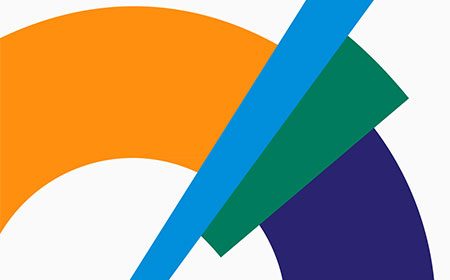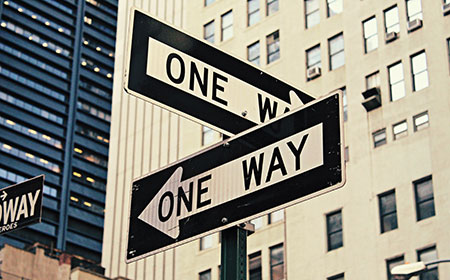
Findings from a new report 2021 Sustainability Leaders by GlobeScan and The SustainAbility Institute by ERM show sustainability experts believe the global pandemic will help draw attention to environmental challenges—but will also deepen socio-economic challenges such as poverty and inequality.
The GlobeScan / SustainAbility Leaders Survey has tracked global expert opinions on the evolution of the sustainability agenda since 1997. The 25th edition of this report has taken place against the unprecedented backdrop of the pandemic, with nearly 700 sustainability experts from over 70 countries reflecting on its implications for the sustainable development agenda.
Key findings include the following:
- Experts no longer believe so strongly that the COVID-19 pandemic will slow sustainability progress. In 2020, almost half of sustainability professionals (49%) predicted a de-prioritization of the sustainability agenda over the coming decade as a result of the coronavirus—a proportion that has decreased to just one-quarter (24%).
- Concern about almost all sustainability challenges continues to intensify. For the second year in a row, experts rate most issues as increasingly urgent. While concern for climate change remains stable, it also continues to be perceived as the most pressing issue.
- NGOs continue to outperform other institutional actors in terms of perceived contribution to advancing sustainable development priorities. When asked to rate different institutional actors on their contribution to progress on sustainable development, over six in ten experts say NGOs perform best. World Wildlife Fund remains the most widely recognized NGO for its contribution to sustainable development.
- Northern European governments dominate positive perceptions of national sustainability leadership. When asked which countries are leading on sustainable development, experts name mostly northern European governments, including those of Germany, Sweden, Denmark, Norway, the UK, the Netherlands, and Finland.
The top tier corporate sustainability leaders remain consistent, but some new entrants are recognized. Unilever and Patagonia rank first and second, respectively, as the companies most recognized by experts for their sustainability leadership, but the gap is narrowing among corporate leaders. Brazil’s Natura &Co has overtaken IKEA and Interface to break into the top three. Companies filling out the top 15 include IKEA, Interface, Danone, Microsoft, Nestlé, Tesla, Ørsted, Google, Kering, Schneider Electric, Suzano, and Walmart. In a signal that the hallmarks of leadership have shifted, sustainable business models and strategy is the strongest driver of recognized leadership, overtaking target-setting and articulating sustainability values or purpose.
Mark Lee, Director at the SustainAbility Institute by ERM, said: “What we’re seeing as a result of the pandemic is a triple-whammy of interconnected social, economic, and environmental challenges. None of these can be tackled in isolation, which requires organizations to have more comprehensive sustainability strategies integrated into their business and operating models. Leading businesses are showing the way as we enter the decade of action.”
Chris Coulter, CEO at GlobeScan, commented: “Once again this survey of sustainability experts and influencers across the world reinforces the urgency of the planetary challenges that we face from climate change to inequality and offers hope in comparison to last year that sustainability is being prioritized. The collective wisdom of this distinguished panel of experts needs to be heeded. We need to do more at scale to facilitate the transition to sustainable development at an even greater pace than we are currently doing.”


